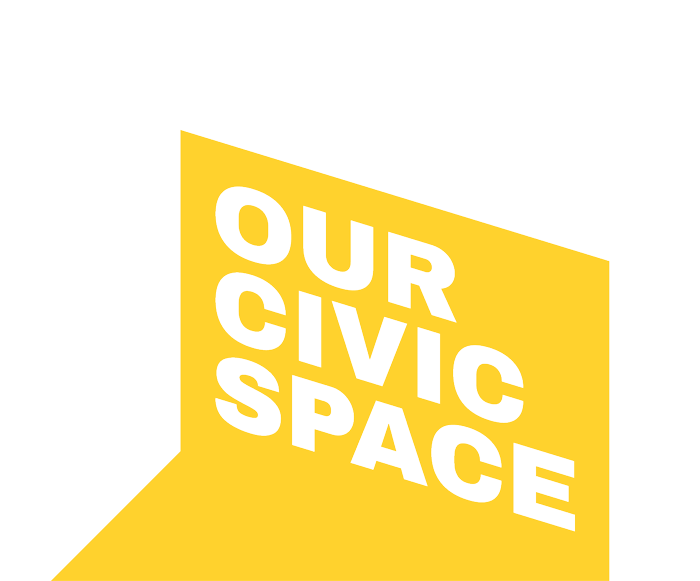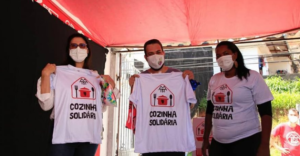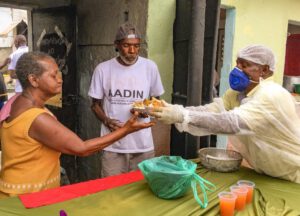International Day Against Child Labour
International Day Against Child Labour aims to raise awareness on the global extent of child labour and on the actions and efforts needed to eliminate it. According to the experts, the root causes of child labour are poverty, lack of quality education, limited access to decent work opportunities for those of legal working age, social marginalisation, discrimination, the prevalence of the informal economy, weak social dialogue, among others.
Children around the world are routinely engaged in paid and unpaid forms of work that are not harmful to them. However, child labour is described as such when children are either too young to work, or are involved in hazardous activities that may compromise their physical, mental, social or educational development.
The latest Global Estimates state that 152 million children – 64 million girls and 88 million boys – are involved in child labour globally [1]. In all regions, boys and girls are equally likely to be involved in child labour, however, gender inequalities are noticed in the types of activities carried out, with girls far more likely to be involved in unpaid household services.
COVID-19 impact on child labour
According to UNICEF [2], for the first time in two decades the number of children victims of child labour has risen and the current COVID-19 pandemic can potentially intensify the problem. The global interruption of education caused by confinement measures and the lack of distance-learning solutions/alternatives in many countries could drive the child labour numbers up.
What is ICDI doing about this?
Since mid-2019, ICDI has been managing Kinderpostzegels’ projects against child labour in Nicaragua and Guatemala. Together with our partner organisations, we are working to eradicate child labour by promoting education and strengthening local capacities to ensure the sustainability of so called Child Labour Free Zones (CLFZ). These projects include recreational activities and events that aim to decrease school dropout and promote school enrollment, such as: football championships, children’s day festivals and art workshops. Besides promoting child and youth participation, these activities help raise awareness about the harmful consequences of child labour. You can read more about these projects here
[1] Global Estimates of Child Labour: https://www.ilo.org/wcmsp5/groups/public/@dgreports/@dcomm/documents/publication/wcms_575541.pdf
[2] Unicef:
https://www.unicef.org/press-releases/child-labour-rises-160-million-first-increase-two-decades
Written by ICDI



